The political landscape in 2025 is marked by significant changes, with elections, policy shifts, and geopolitical conflicts shaping international relations. Governments worldwide are addressing economic recovery, security concerns, and climate policies while navigating diplomatic tensions. This article highlights key political events and trends that are influencing the global stage.
U.S. Politics: Presidential Race and Policy Debates
The United States is in the midst of a crucial election year, with the upcoming presidential election drawing attention both domestically and internationally. The Biden administration has focused on economic stability, healthcare, and climate initiatives, while opposition candidates are pushing for stricter immigration laws, tax reforms, and changes in foreign policy.
One of the central issues of the election is inflation and job creation, as Americans seek policies that will improve their financial security. Immigration remains another hot topic, with debates over border security and pathways to citizenship dividing voters. Meanwhile, foreign policy discussions are centered on U.S.-China relations, NATO alliances, and the country’s role in global conflicts.
Voter turnout is expected to play a critical role in determining the election outcome, as both parties work to mobilize support through debates, campaign rallies, and policy proposals. The results of the election could have significant implications for international relations, trade policies, and diplomatic strategies.
Europe: Rising Nationalism and Economic Challenges
Across Europe, nationalism is on the rise, with several countries witnessing growing support for political parties advocating for stricter immigration policies, economic independence, and reduced reliance on the European Union (EU). Countries such as France, Italy, and Hungary are experiencing shifts in political leadership, with elections shaping the continent’s future direction.
Economic challenges remain a significant issue in Europe, particularly as countries work to recover from the financial strains caused by the pandemic and energy crises. The EU continues to debate policies on trade regulations, energy independence, and digital transformation, with member states divided on key issues.
In the United Kingdom, post-Brexit challenges persist, as leaders work to establish stronger trade agreements and address domestic concerns such as healthcare and education funding. Meanwhile, Germany and France are strengthening their military and diplomatic ties in response to growing security threats in Eastern Europe.
China’s Global Strategy: Economic Expansion and Military Developments
China’s role in global politics remains a major focus, as the country continues to expand its economic influence while facing diplomatic tensions with Western nations. The Chinese government is investing heavily in technology, infrastructure, and global trade, with projects such as the Belt and Road Initiative strengthening economic ties with Africa, Latin America, and Asia.
At yokubet , U.S.-China relations remain strained, particularly in areas such as trade policies, cybersecurity, and military activity in the Indo-Pacific region. Taiwan continues to be a point of contention, with China asserting its territorial claims while the U.S. and its allies express support for Taiwan’s independence.
China’s military developments, including advancements in space technology and artificial intelligence, have raised concerns among global security analysts. Diplomatic talks between China and Western nations continue, but tensions remain high as both sides navigate complex economic and security issues.
Middle East: Shifting Alliances and Regional Stability
The Middle East is undergoing significant political changes, with countries reassessing alliances and economic strategies. Saudi Arabia and the United Arab Emirates (UAE) are investing in technology, tourism, and renewable energy to reduce reliance on oil revenues. At the same time, Iran’s nuclear program remains a major concern for Western nations, with ongoing negotiations over sanctions and diplomatic agreements.
Israel’s relationship with its neighboring Arab nations is evolving, with efforts to strengthen economic and security partnerships. However, tensions with Palestine continue, with periodic conflicts affecting regional stability.
Meanwhile, conflicts in Syria and Yemen persist, with international efforts aimed at achieving lasting peace agreements. As global powers engage in diplomatic talks with Middle Eastern nations, the region’s political future remains uncertain.
Climate Policies and International Cooperation
Climate change continues to be a major political issue in 2025, with world leaders facing pressure to implement stronger environmental policies. The United Nations Climate Conference has been a platform for discussions on reducing carbon emissions, transitioning to renewable energy, and addressing the impact of climate change on vulnerable regions.
While some countries have committed to aggressive climate goals, others remain hesitant due to economic concerns. Developing nations are calling for greater financial support from wealthier countries to implement sustainable energy solutions.
The private sector is also playing a key role in climate initiatives, with companies investing in green technology, electric vehicles, and renewable energy sources. However, balancing economic growth with environmental sustainability remains a challenge for governments worldwide.
Conclusion
The political landscape in 2025 is defined by shifting alliances, economic challenges, and geopolitical tensions. From the U.S. presidential election and the rise of nationalism in Europe to China’s global influence and Middle Eastern developments, the world is witnessing rapid political changes.
As governments navigate these challenges, diplomacy and international cooperation will be crucial in shaping global stability. The coming months will reveal how political leaders address economic recovery, security threats, and climate policies, ultimately influencing the future direction of international relations.
Global Political Shifts in 2025: Key Events and Emerging Trends
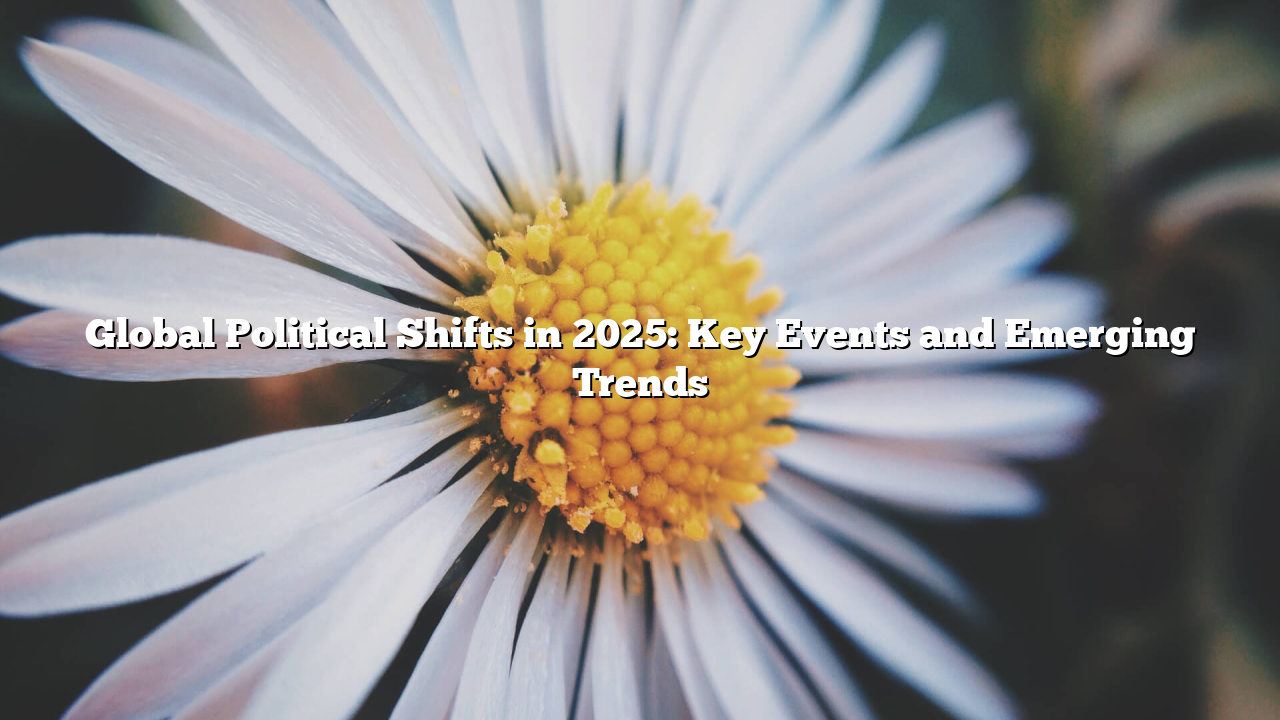

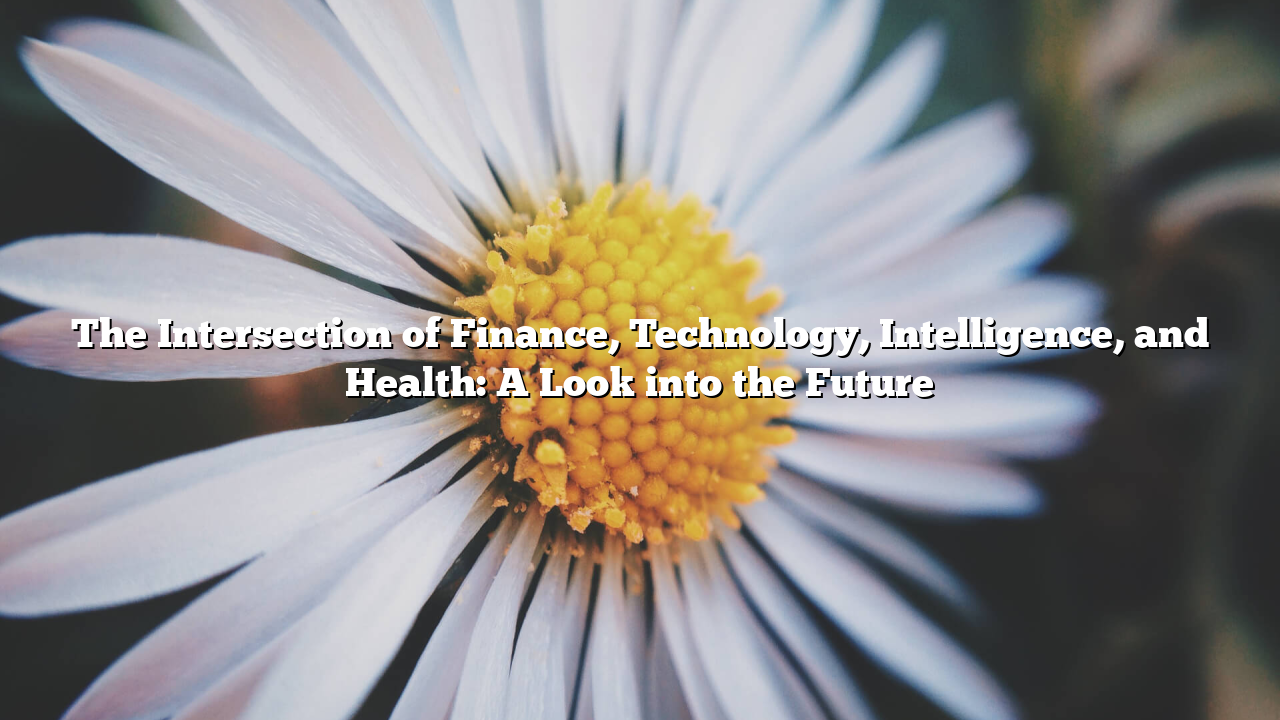
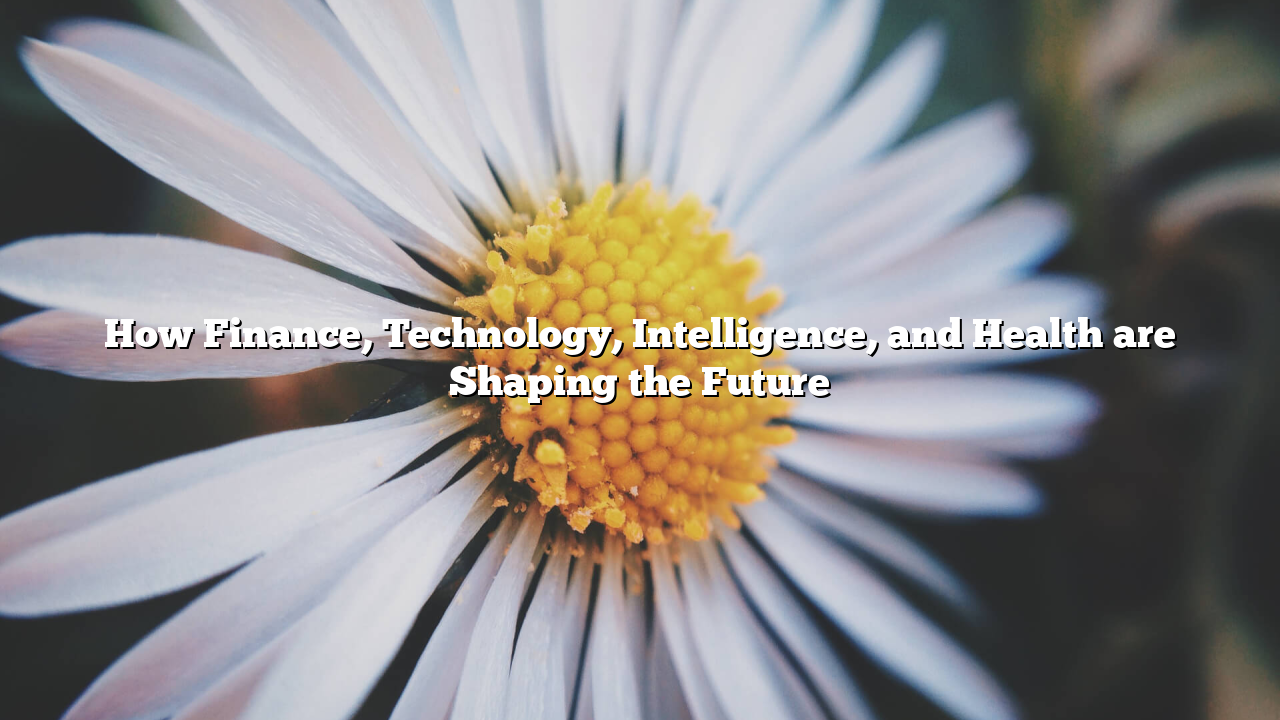
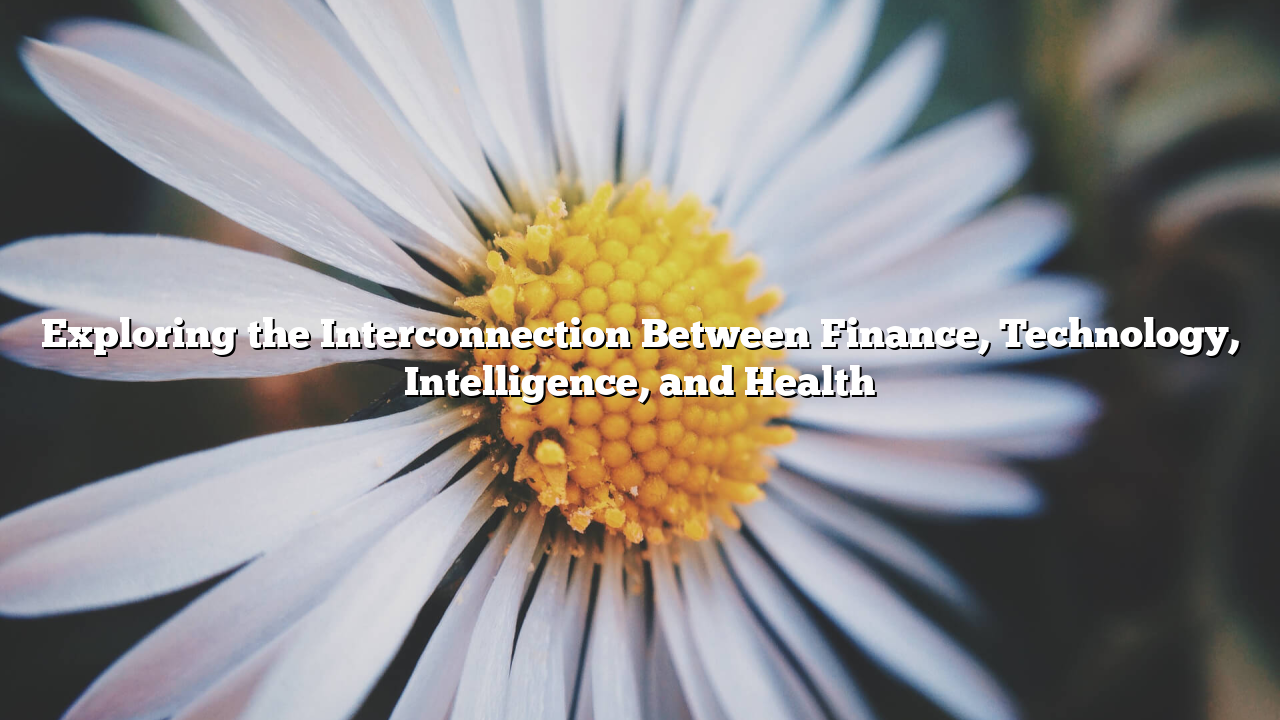



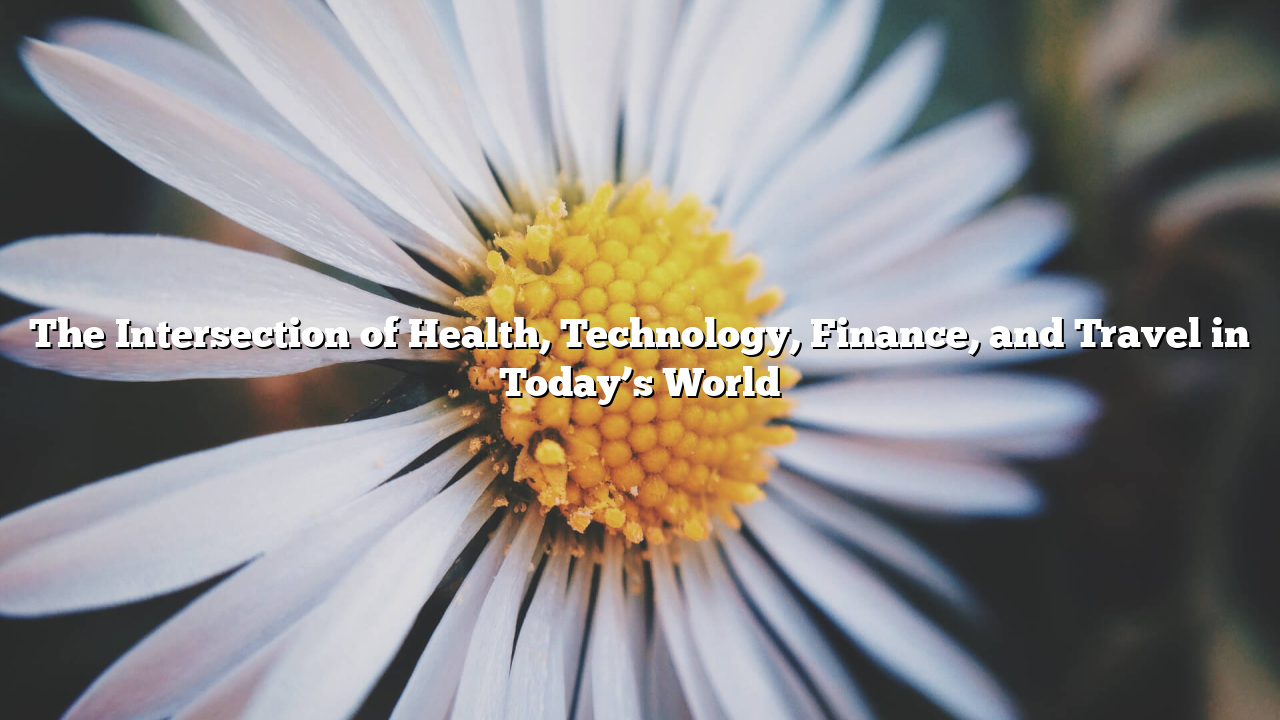


Leave a Reply